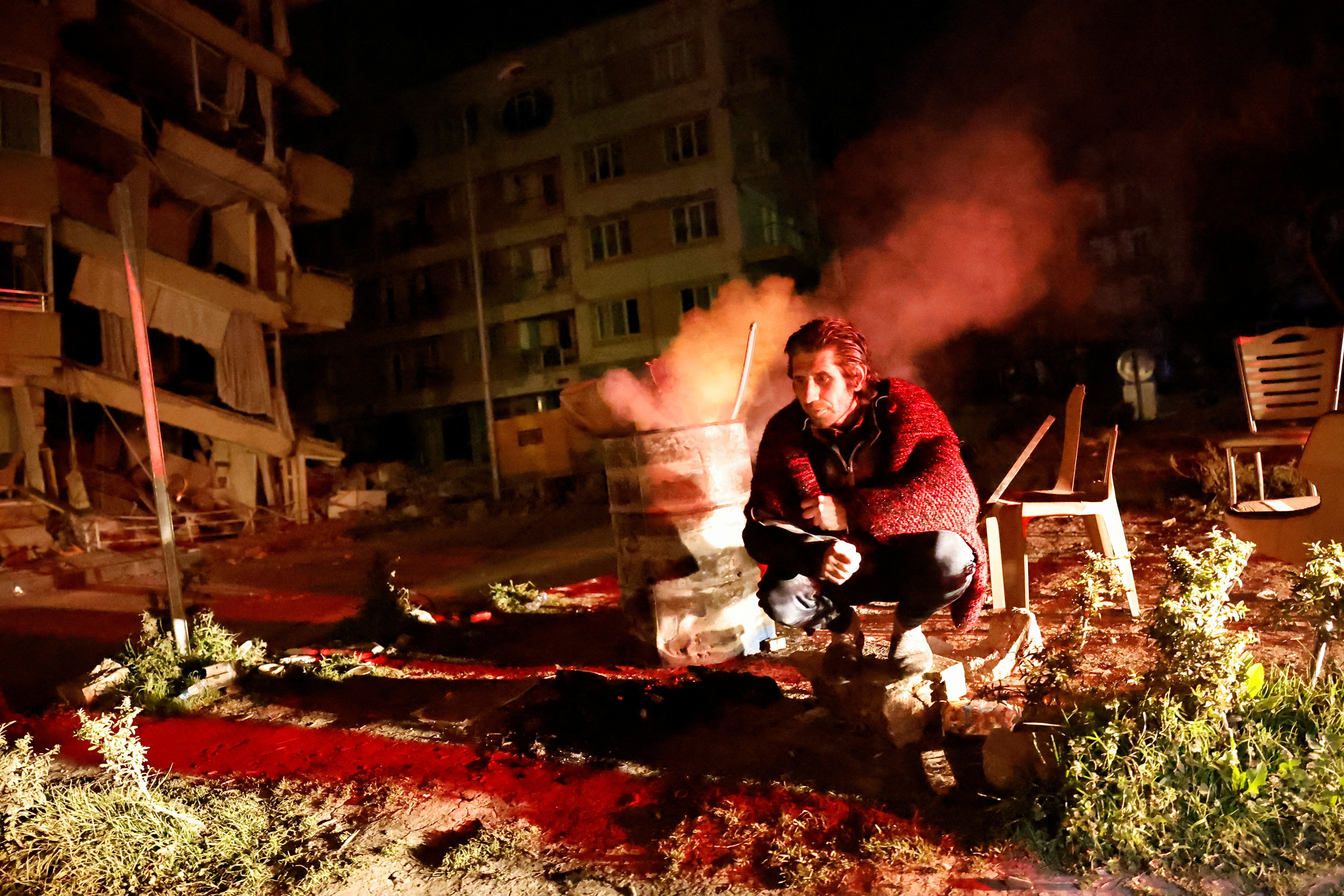Hard Numbers: Another quake in Turkey, Israel advances judicial reform, debt interest payments up, North Korea’s “firing range”, Mugabe Jr. busted
3: At least three people died following a 6.4-magnitude earthquake that rocked southern Turkey on Monday, two weeks after a bigger quake killed more than 44,000 people there and in northern Syria. This will likely cause even more human tragedy and make it harder to help the survivors as the blame game continues on the Turkish side of the border and war and politics hamper aid delivery on the Syrian side.
63: With 63 votes in favor, the 120-seat Knesset, Israel’s parliament, passed the first reading of a bill that will allow the government to reform the judiciary. This bill would change the committee that appoints judges and also stops the High Court from striking down the country’s Basic Laws.
13 trillion: Rising interest rates make it more expensive to borrow money — and pay it back. Last year, a group of 58 rich and emerging economies accounting for over 90% of the world's GDP surveyed by The Economist coughed up a whopping $13 trillion in interest payments on their debt, up from $10.4 trillion in 2021.
2: North Korea on Monday fired two short-range ballistic missiles into the Pacific Ocean, with Kim Jong Un's sister warning that Pyongyang might use the region as its "firing range" if the US and South Korea don't back off on plans for joint military drills. Meanwhile, the South Koreans are more openly talking about upping their deterrent capabilities by getting their own nukes.
12,000: A son of Zimbabwe's late strongman Robert Mugabe was arrested for allegedly causing $12,000 in property damage after trashing cars and other property at a party in Harare, the capital. Still, Mugabe Jr. will probably get off with a slap on the wrist since he’s patched things up with Emmerson Mnangagwa, his dad's former right-hand man and top spook, who succeeded him in 2018.
